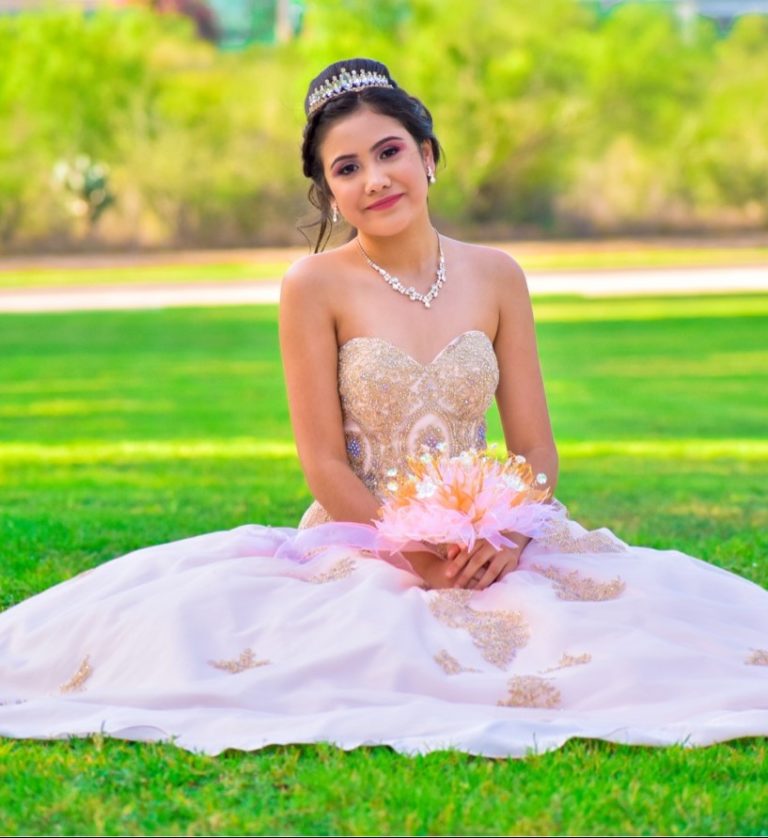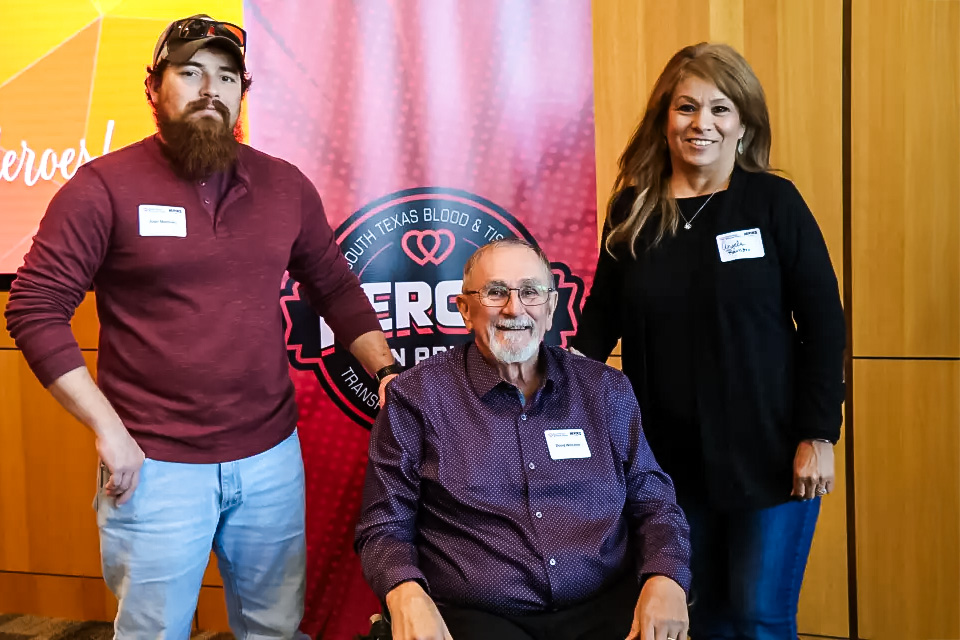For Alicia’s family, the COVID-19 pandemic arrived just as they were embarking on a grief journey of their own. Alicia passed away at age 16 in March 2020.
Because of COVID-19 restrictions, Alicia’s family was unable to hold a Mass for her. Friends and extended family couldn’t attend her funeral. No one could be present around the family as they grieved their unimaginable loss.
“The comfort of having a hug, the comfort of having someone around was not possible,” Alicia’s mother, Tina, remembers.
Her extended family is sensitive around the topic of Alicia’s death.
“I always feel like I am being looked at as a bottle of glass and if anybody does something, I will shatter,” Tina said. “I tell them that if I cry, it’s not because you hurt my feelings or said something you shouldn’t have. I cry sometimes because there’s too much emotion there, but it’s no one’s fault. It’s my way of expressing all the emotion that I have inside of me.”
Yet, Tina knows that there are a lot of people in her family who are also healing and processing their grief.
At home, Alicia’s parents and brothers keep her present through memories and stories.
“We talk about her a lot,” Tina said.
Alicia always cared for those around her. As the oldest of four children, and the only daughter, she would often look after her little brothers when her parents were at work. Her youngest brother would fondly call her “Little Mom.”
Now, when Tina is cooking dinner, Alicia’s younger brother will sometimes say, “Do you remember Alicia used to cook like this?”
“For being so young, she was so mature beyond her years,” Tina remembers. “She knew how important her position in our family was.”
As a child, Alicia had always been outspoken. She would grow up to be an outgoing, cheerful young woman who loved to dance – no matter what kind of music was playing.
Alicia was also outspoken about being an organ, eye, and tissue donor. Not long before she passed away, she decided to join the Donate Life Registry at the DMV. It’s a moment Tina remembers often.
“I asked her if she was sure, because this was a very important question and she’s so young,” Tina said. “But it’s something everyone should talk about.”
“I know what I want to do,” Alicia told her. “I know what this is about, and if I can’t use it anymore, and someone needs it to go on, then they should have me. Because I don’t need it anymore.
“If I give it to someone, a part of me goes on, too.”
Tina remembered those words when she was asked about Alicia becoming a donor. While the moment was hard to live, she knew it was important to remember Alicia’s wishes and legacy.
“Her legacy was this,” Tina remembers. “To keep her going somewhere. To help someone else because she was that giving. She was even giving in death.”
She imagines that if she could talk to Alicia now, her daughter would thank her for honoring her wishes.
As Tina and her family continue their grief journey, she often thinks about what it would be like to have Alicia back.
“There wouldn’t be a moment that I wouldn’t take advantage of, just, to hold my child, to listen to my child, to hear how her day was.”
“Make sure you live life to the fullest and take advantage of every moment to be with that person. Show them that you love them. Tell them that you love them. Never go home thinking you have a tomorrow, because you might not.”




